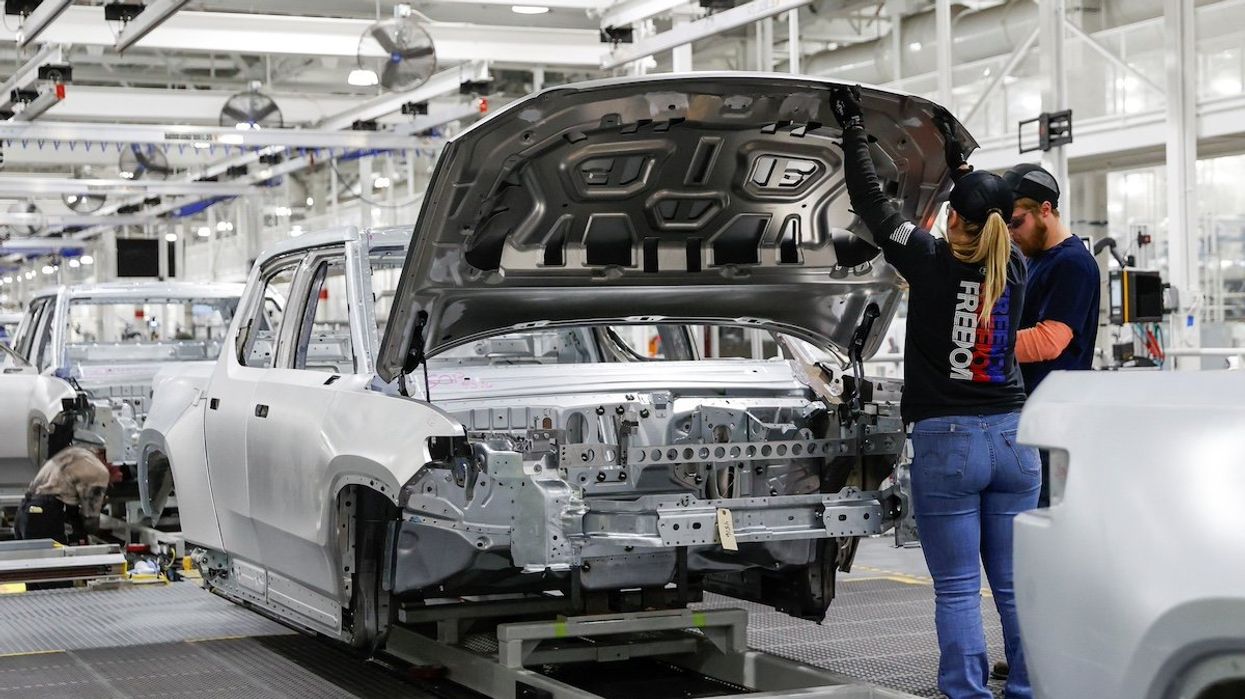GZERO North
North American EV makers face headwinds
Asian electric vehicles surged at the end of 2023 in both the United States and around the world, raising questions about the feasibility of North American plans to profit from the conversion to electric transport.
Jan 11, 2024

